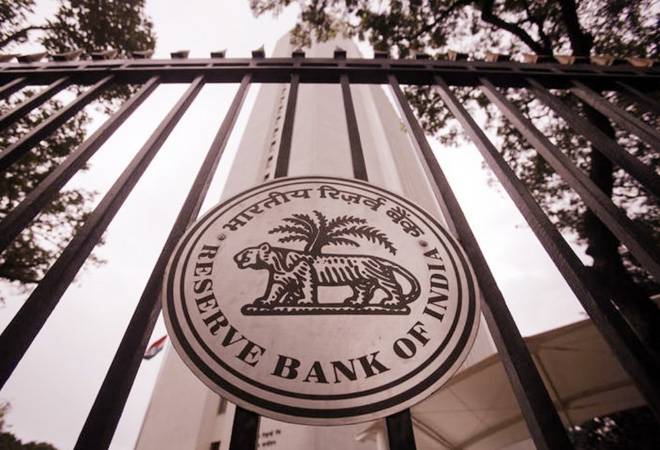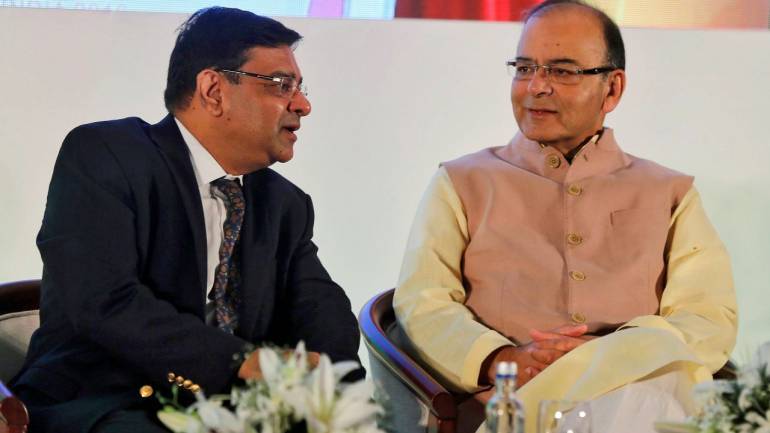“The market can discipline the government not to erode central bank independence, and it can also make the government pay for its transgressions. Interestingly, the market also forces central banks to remain accountable and independent when it is under government pressure.”
This is one of many things RBI Deputy Governor Viral Acharya said in his long speech. The bottom line of the speech? The government shouldn’t try to intervene in and stifle in the functioning of the Central Bank of a country.

Not that it comes as a surprise. There has been an on-going battle between the RBI and Central Government. There is a constant pressure on RBI from the finance ministry to curb down the interest rate further, which FM Arun Jaitley has talked about even on public forums. (A government too clinging to GDP rate, it’s not hard to figure out the political motives to contend for the decreased interest rate.) But tasked to keep a check on the inflation rate, RBI is cautious in dealing with the interest rate.
The tussle between RBI and the present government has always been there. However, rarely has it made it to the headlines so extensively. Last we heard a similar case was when Raghuram Rajan was in the office as RBI’s governor. He was pushed to resign by the government. BUT it’s not very common to see a central bank’s governor and deputy governor come up to give public statements about the government pressure.
(This whole incident eerily reminds of early this year when 4 senior-most Supreme Court judges held a press conference to admit that the government is intruding in the democratic functioning of the judiciary. The RBI Deputy Governor Viral Acharya makes a similar case here, underlining that the government is trying to hinder RBI’s autonomy.)
This leads to your original question… What is Section 7?
In layman’s term, Section 7 is a provision in RBI act that, when invoked, says the central bank must listen and do what the central government is saying.
RBI is an independent institute. It functions autonomously. It does work collectively with the central government though, listening to their ideas and suggestions. BUT, generally, it is not bound to work on what the government is asking it to do. However, under Section 7, the bank is obliged to do what the government is asking it to.
Now, although it hasn’t been formally announced BUT according to reports, the government has invoked Section 7. This is the first time this has happened in India ever. Now what the government says, the RBI has to listen to it.
Does it not sound scary? Clearly, the central government is choking RBI’s autonomous status. And this is what the entire controversy about.
While the government claims this move comes to stop NPA from increasing, keeping a check on capitalism and strengthening the public sector banks, the real reasons are politically motivated. (Surprised?) As the general election 2019 approaches, the government needs more cash in the market—to curb down the deficit, to increase the growth rate, and to meet the demands of non-financing companies that are lobbying for higher liquidity (who likely fund political campaigns).
Not only invoking section 7 is a blunt measure that threats the independence of country’s foremost autonomous institute but what economic measures that would follow could play a significant role in down-turning the market in the long run (inflation and unemployment).


